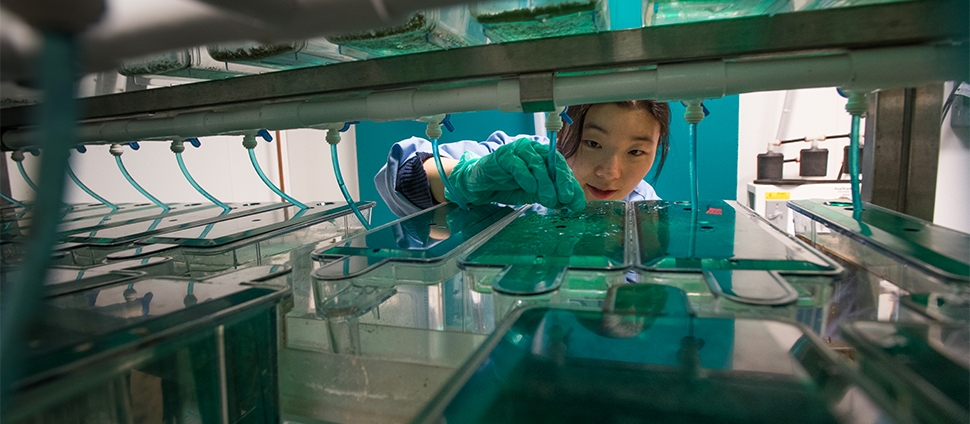Document Type
Article
Publication Date
9-1-2022
Publication Title
Journal of Eukaryotic Microbiology
Abstract
Mobile genetic elements (MGEs) are transient genetic material that can move either within a single organism's genome or between individuals or species. While historically considered “junk” DNA (i.e., deleterious or at best neutral), more recent studies reveal the potential adaptive advantages MGEs provide in lineages across the tree of life. Ciliates, a group of single-celled microbial eukaryotes characterized by nuclear dimorphism, exemplify how epigenetic influences from MGEs shape genome architecture and patterns of molecular evolution. Ciliate nuclear dimorphism may have evolved as a response to transposon invasion and ciliates have since co-opted transposons to carry out programmed DNA deletion. Another example of the effect of MGEs is in providing mechanisms for lateral gene transfer (LGT) from bacteria, which introduces genetic diversity and, in several cases, may drive ecological specialization in ciliates. As a third example, the integration of viral DNA, likely through transduction, provides new genetic materials and can change the way host cells defend themselves against other viral pathogens. We argue that the acquisition of MGEs through non-Mendelian patterns of inheritance, coupled with their effects on ciliate genome architecture and persistence throughout evolutionary history, exemplify how the transmission of mobile elements should be considered a mechanism of transgenerational epigenetic inheritance.
Keywords
ciliate, lateral gene transfer, transgenerational epigenetic inheritance, transposable elements, virus
Volume
69
Issue
5
DOI
10.1111/jeu.12891
ISSN
10665234
Version
Author's Accepted Manuscript
Recommended Citation
Timmons, Caitlin M.; Shazib, Shahed U.A.; and Katz, Laura A., "Epigenetic Influences of Mobile Genetic Elements on Ciliate Genome Architecture and Evolution" (2022). Biological Sciences: Faculty Publications, Smith College, Northampton, MA.
https://scholarworks.smith.edu/bio_facpubs/270


